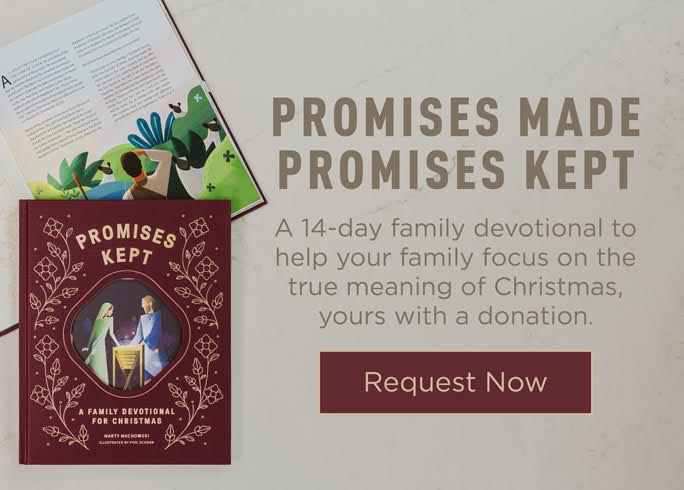
When Christ came into the world, he said, “Sacrifices and offerings you have not desired, but a body have you prepared for me; in burnt offerings and sin offerings you have taken no pleasure.”
The Gospels of Matthew and Luke introduce us to a whole cast of Christmas characters with whom we’ve grown quite familiar: Joseph, Mary, the shepherds, the wise men, and so on. Sometimes we even consider those who are less known, such as Zechariah, Elizabeth, Anna, and Simeon. With each passing Christmas season, we have probably been treated to sermons and studies from the perspective of just about every cast member. Yet there is one notable exception: surprisingly few of us have pondered Christmas from Jesus’ vantage point.
In this verse, the author of the letter to the Hebrews tells us that when Jesus stepped onto the stage of history, He took the words of Psalm 40 upon His lips. Just as Cinderella’s glass slipper fit only her foot, these words fit nobody but Jesus.
God was preparing for the first Christmas throughout the centuries of the Old Testament, for all the Old Testament sacrifices were mere shadows of the reality to which they pointed. Those sacrifices involved the death of animals that had to be prodded to the altar. They had no choice in the matter; they were simply pressed into service. But before He even experienced humanity, Jesus knew His role—His sacrifice—would be different. He willingly consented. In the humblest of forms and in an unexpected setting, God the Son took on a body that was prepared for Him—prepared “as a ransom for many” (Matthew 20:28). He looked at this broken world and its sinful people, and He said to His Father, Yes, I will go there. I will become one of them, and I will die for them.
Peter grasps the weight of Christ’s death when he writes, “He himself bore our sins in his body on the tree, that we might die to sin and live to righteousness. By his wounds you have been healed” (1 Peter 2:24). Jesus, being fully God and fully man, entered this world to do in His body what no animal sacrifice could do: He has borne our punishment, cleansed our consciences, and held out divine mercy. He perfectly accomplished all that is necessary for sinful men and women to enter into fellowship with God.
This is very different from the promise of mere religion, in which rules and effort become futile mechanisms for trying to climb into heaven. In contrast, the manger’s message is one of liberating mercy. God has wonderfully taken the initiative and come to rescue us through Jesus. We don’t need to make a long journey to find God, because Christ, the newborn King, knew His role. What is the right response? Simply to bow before Him humbly, praise Him wholeheartedly, and wait for Him expectantly all of our days.
As a thank-you from us for your gift, we'll send along this month's resource: Promises Made Promises Kept by Marty Machowski
Click here to learn more about Truth For Life
Devotional material is taken from the Truth For Life daily devotional by Alistair Begg, published by The Good Book Company, thegoodbook.com. Used by Truth For Life with permission. Copyright © 2021, The Good Book Company.
